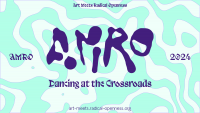Within the framework of the INCULTUM pilot project, the socio-economic actors of the territory find in the approach a space of shared values facilitating the emerging dynamics and the entrepreneurship of the territory
Image and text Flore Coppin, courtesy of Bibracte.
In order to ensure the coherence and sustainability of its pilot project, Bibracte adopts an integrated approach mobilising the concept of territorial entrepreneurship and embracing the different sectors of activity that shape the landscape and the economy.
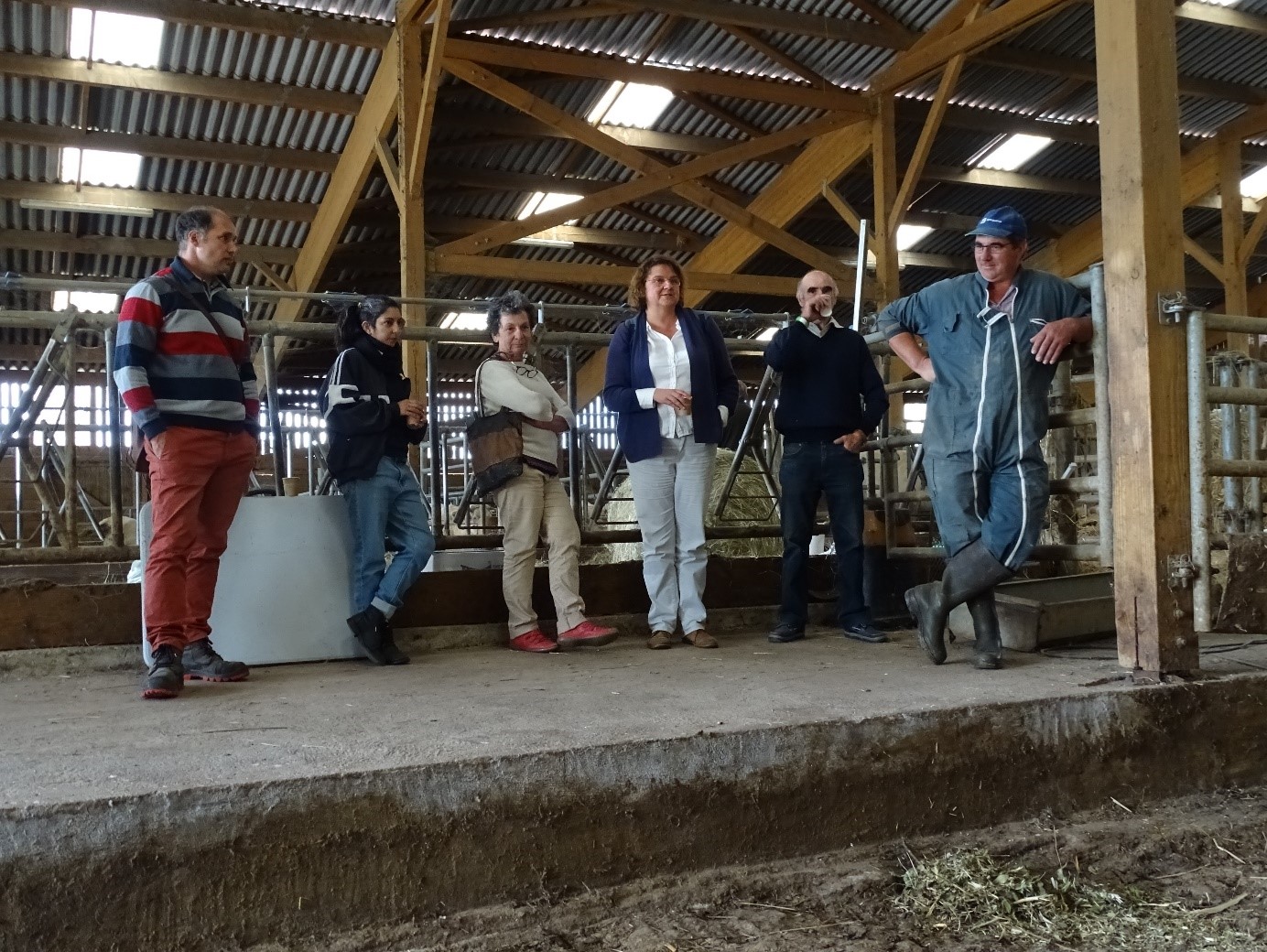
The Agriculture working group members visiting a local farm during the event Entretiens de Bibracte – Morvan 2022, which brought together over 150 participants around the agro-ecologist Marc Dufumier over 2 days in September 2022
Through its territorial approach to development, the Grand Site de France approach constitutes a laboratory for sustainable and innovative management of the territory around collectively defined issues, combining long-term preservation of the landscape, welcoming the public and local economic development. It is not confined to any particular area, but is based on a territory of action that makes sense to local players.
Even if the Grand Site de France management team at Bibracte does not have economic competence, it nevertheless has a legitimate role as a facilitator of the territorial project and as a catalyst. As such, the development of territorial entrepreneurship is an integral part of the territorial approach. It can contribute both to the sustainable socio-economic development of the territory and to the maintenance of its landscape quality and heritage. Its collegial governance encourages cooperation between all the players, and the emergence of territorial dynamics based on the territory’s resources, its landscape, natural and built heritage and its intangible values. The team coordinates and facilitates territorial entrepreneurship projects. The responsibility for planning, financing and managing the projects is left to the local actors and legitimate local authorities.
Within the framework of the INCULTUM pilot project, the socio-economic actors of the territory find in the approach a space of shared values facilitating the emerging dynamics and the entrepreneurship of the territory.
The posture of facilitator of territorial entrepreneurship projects consists in :
- Federating and guiding professionals in their desire to bring the pilot project to life by promoting partnerships
- Leading multi-sectoral working groups and interest groups around the construction of the new tourism offer
- Contributing to the (re)discovery of local industries by promoting them
- Supporting new entrepreneurs/farmers
- Acting as a mediator to ensure that the project’s impact is equitable.
In our case, the co-construction and the implementation with the heritage community of a new flagship tourist route on the territory, the “grand tour of Bibracte – Morvan des Sommets” is the meeting point for the local multi-sectorial entrepreneurship projects. This 140 km long cultural route links the villages by making the best use of the network of paths.
Three working groups, coordinated by the Grand Site de France team, are thus very active within the pilot project:
| 1. Rural paths working group
The activation of the community is based on a Rural paths working group led at the level of the twelve village communities involved in the Grand Site de France label management. The group has been meeting regularly since the end of 2021, it is hathering 30+ members involved in several tasks:
- Establish the inventory of the network of paths and its uses
- Design a shared management plan based on the users’ priorities
- Identify cultural and tourist routes, enhance them (through signposting, etc.), organise the services required by their users (access, accommodation, catering) and ensure their promotion (publication of maps).
The inventory and the preparation of the management plan primarily involve the elected representatives and citizens of the working group, while the reinforcement of recreational and sporting uses also involves tourism and service providers, in particular the Grand Site de France Tourism Working Group (see below).
The working group is facilitated by Flore Coppin, Heritage and Tourism Officer and INCULTUM project coordinator at Bibracte, who helps to set the concrete short-term objectives necessary to ensure the continued interest of the group members. |
| 2. Tourism working group
In a context where tourism and mobility are undergoing changes, implying a strong and visible commitment by tourism players to the preservation of the environment and the cultural ways of life of local communities, Bibracte has supported the creation of a Tourism working group.
As an integral part of the heritage community around the rural paths, this group, which brings together some twenty players from the area (accommodation providers, tourist service providers), is working on the construction of a “slow” tourism offer throughout the four seasons, combining leisure activities and outdoor sports, discovery of the heritage and culture and meetings with the local people, particularly along the new route, for discovering the area.
The working group is facilitated by Pascale Plaza, Tourism development manager at BIBRACTE and Flore Coppin, Heritage and Tourism Officer and INCULTUM project coordinator at Bibracte. |
| 3. Agriculture Working Group
In the field of agriculture, the priorities are
- facilitating the takeover of farms and the installation of new farmers, with a view to diversification,
- the creation of connections between the agricultural economy and the local economy (on-farm hospitality, farm direct selling…),
- strengthening solidarity within the farming community and pooling resources
To this end, a working group of about ten farmers representing the diversity of agricultural models present in the territory was set up in 2022. This working group defines the subjects on which it wishes to work as a priority, while the Grand Site de France management team endeavours to provide it with operating resources. In this respect, the working group is in the process of being approved as an Economic and Environmental Interest Group, a French Ministry of Agriculture label designed to promote the organisation of agricultural actors around collective sustainable projects.
The working group is facilitated by Sophie Mobillion, Grand Site de France officer at Bibracte. |
Mediating around the common good and fostering equity among community actors
One of the risks identified in the implementation of the pilot project is that it may give rise to opposition from the rest of the actors contributing to the maintenance of the common landscape heritage. The heritage community is proving to be a favourable space for dialogue and integration, a tool for territorial mediation and a listening chamber for potential new projects. For instance, the reflection is underway within the rural paths’ heritage community on the fair remuneration for the ecological service provided by the actors involved in the management and maintenance of the commons, more specifically the remuneration of farmers for the maintenance of the rural paths.
In 2023, within the framework of INCULTUM pilot project, these three multisectoral working groups will intensify their collaboration with a view to more specifically consolidating the service offer in the destination. The service offer currently available has indeed a certain weakness, particularly in terms of satisfying the itinerant hiking market segment: few dedicated accommodation facilities, lack of small-scale catering facilities, problems of access and mobility.
In this respect, the work of the agriculture working group and its future economic and environmental interest group, with the creation of connections between the agricultural economy and the local economy – farm reception, short sales, etc. – will be one of the main areas of work for the Bibracte pilot project in 2023.
Further readings:
WHAT IS TERRITORIAL ENTREPRENEURSHIP?
In France, territorial entrepreneurship is defined as “an entrepreneurial movement that reinvents new, more collective ways of doing business, with the aim of generating responses in favour of a more anchored, sustainable and inclusive economic development”. It can concern a vast field of sectors: safeguarding traditional activities, maintaining the rural socio-economic fabric, enhancing the value of local products, developing new activities, etc. It is an alternative between public action and the private entrepreneurship. It is not a substitute for public action, but a real complementary path and an opportunity to carry out projects in the service of territorial development to meet local needs. This type of entrepreneurship can take the form of a traditional company or of a social and solidarity economy business.
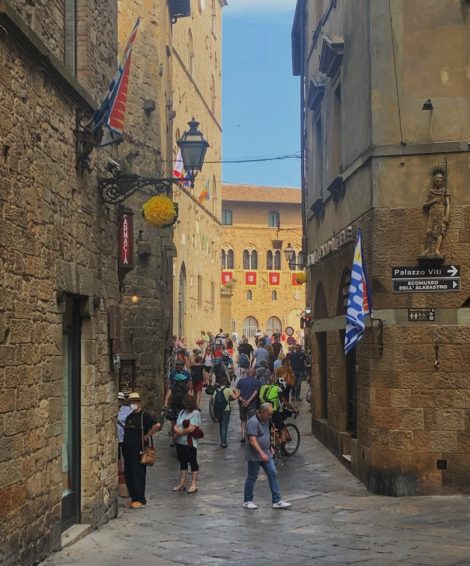


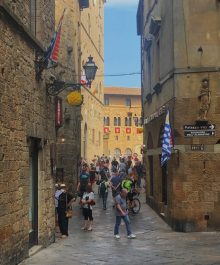
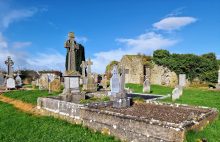
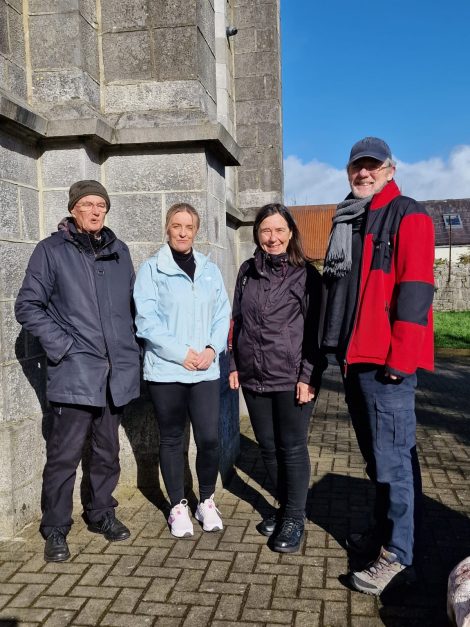 In March 2023, INCULTUM partners
In March 2023, INCULTUM partners 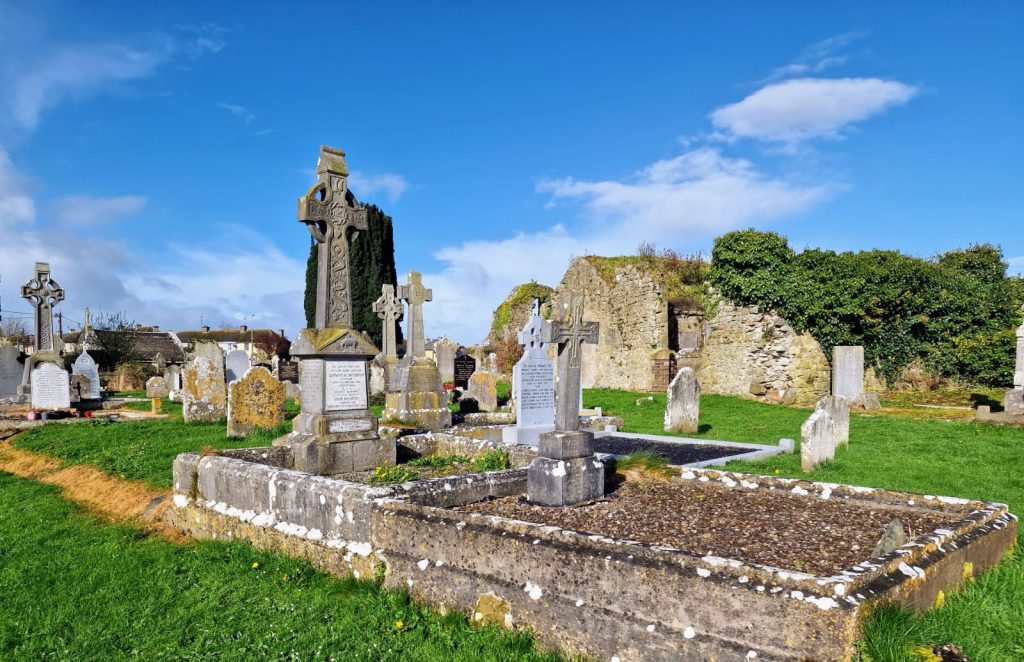




















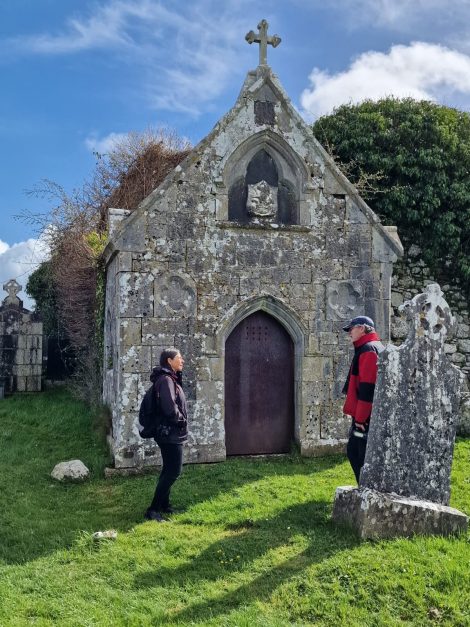 This entailed modification of the web platform as well as running a series of local and virtual workshops, to learn from the participating community groups, fostering the combination of new groups and older more experienced groups in order to spark new exchanges.
This entailed modification of the web platform as well as running a series of local and virtual workshops, to learn from the participating community groups, fostering the combination of new groups and older more experienced groups in order to spark new exchanges.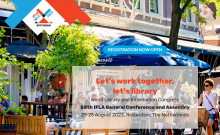
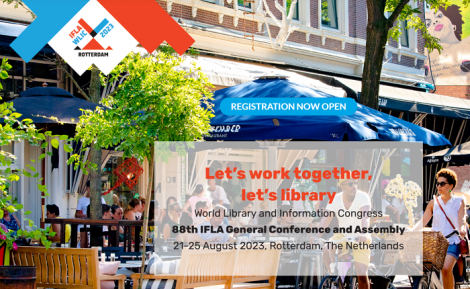
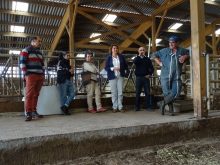


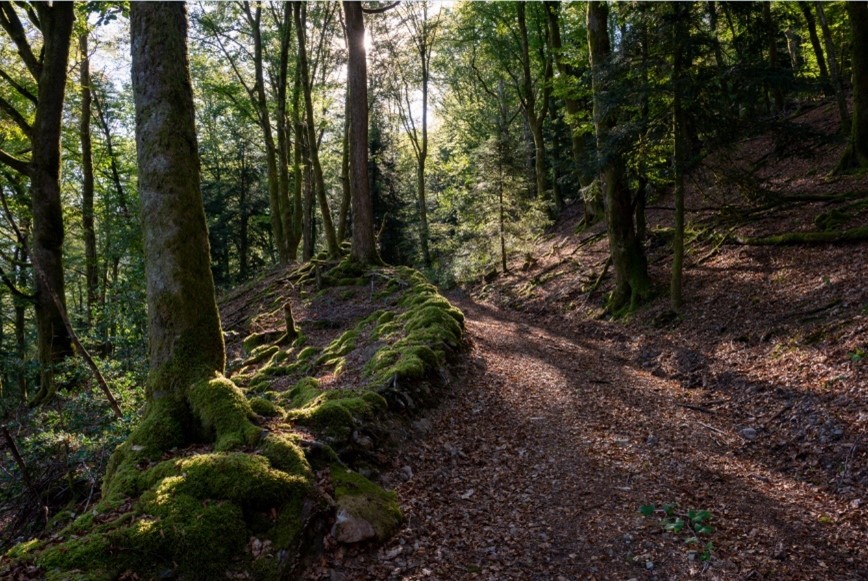
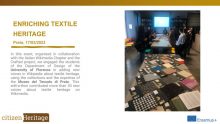
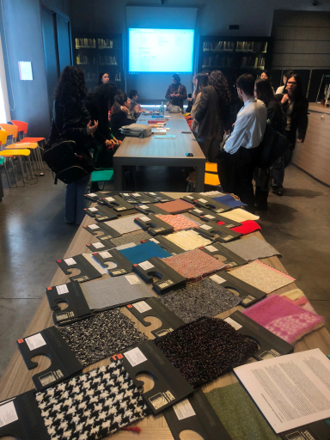
 At this year’s annual EGI conference, that will take place in Poznań (Poland), international scientific communities, computing and service providers, European projects, security experts, community managers, and policy makers gather to take research and innovation in data-intensive processing and analytics forward. EGI is the federation of computing and storage resource providers united by a mission of delivering advanced computing and data analytics services for research and innovation.
At this year’s annual EGI conference, that will take place in Poznań (Poland), international scientific communities, computing and service providers, European projects, security experts, community managers, and policy makers gather to take research and innovation in data-intensive processing and analytics forward. EGI is the federation of computing and storage resource providers united by a mission of delivering advanced computing and data analytics services for research and innovation.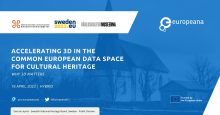
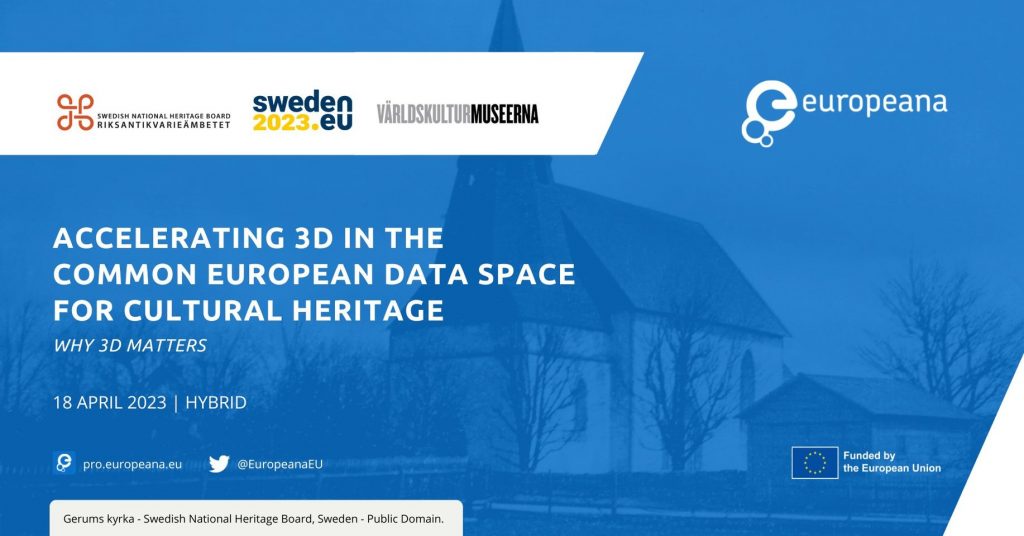

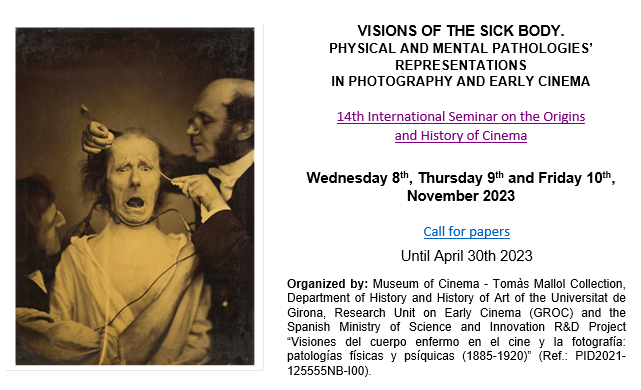 On November 8th, 9th and 10th, 2023, Museum of Cinema – Tomàs Mallol Collection, Department of History and History of Art of the Universitat de Girona, the Research Unit on Early Cinema (GROC) and the Spanish Ministry of Science and Innovation have organised their 14th International Seminar on the Origins and History of Cinema, which will be centered around different visions of the sick body and mind.
On November 8th, 9th and 10th, 2023, Museum of Cinema – Tomàs Mallol Collection, Department of History and History of Art of the Universitat de Girona, the Research Unit on Early Cinema (GROC) and the Spanish Ministry of Science and Innovation have organised their 14th International Seminar on the Origins and History of Cinema, which will be centered around different visions of the sick body and mind.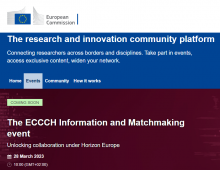
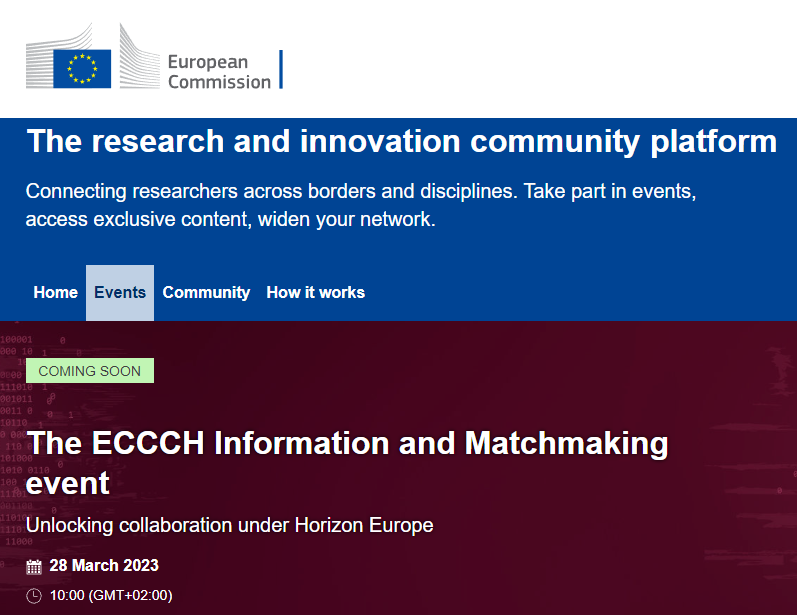
 If you have interesting news and events to point out in the field of digital cultural heritage, we are waiting for your contribution.
If you have interesting news and events to point out in the field of digital cultural heritage, we are waiting for your contribution.














